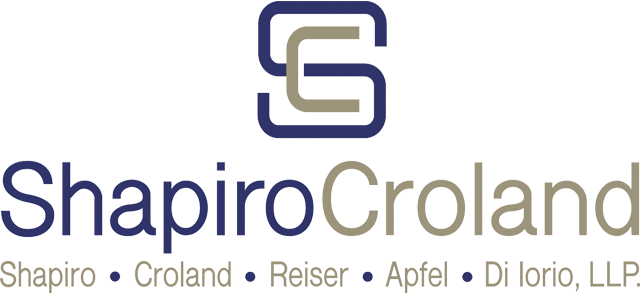When it comes to estate administration of individual decedents, their assets are typically divided into probate assets, which pass through the estate, and non-probate assets, which pass outside of the estate.
Probate assets can include vehicles, real estate, bank and brokerage accounts, and personal belongings (for example, jewelry, home furnishings, artwork, and collections). Life insurance proceeds that are payable to the estate (not a named beneficiary) are also probate assets.
Non-probate assets those in which a direct beneficiary is specified by the instrument itself, and therefore, these assets pass outside of the Estate. Examples of non-probate assets are properties titled in husband and wife as tenants by the entirety, IRA's and life insurance accounts that designate specific beneficiaries, and bank accounts with payable-on-death designations ("POD").
N.J.S.A. 17:16I-2(j) "defines a POD account as 'an account payable on request to one person during lifetime and on his death to one or more P.O.D. payees, or to one or more persons during their lifetimes and on the death of all of them to one or more P.O.D. payees[.]'" By its very nature, a POD account vests no property rights in the survivor until the death. See N.J.S.A. 17:16I-2(g).
During the lifetime of a POD account, the account belongs to that original payee, and not to the POD designee. N.J.S.A.17:16I-4(b). In other words, if a bank account is titled as "Bill Jones, payable on death to Simon Cowell," then the account belongs to Bill Jones during Bill's lifetime.
When the original account holder of a POD account passes away, the remaining funds in the account belong to the surviving POD designee(s), or to the survivor of them, if one or more dies before the original account holder dies. Thus, an account titled as "Bill Jones, payable on death to Simon Cowell" will belong to Simon Cowell upon Bill Jones' death. If there is more than one surviving party (because the account is titled as "Bill Jones, payable on death to Simon Cowell and Jill Cowell"), then at Bill Jones' death, Simon Cowell and Jill Cowell will own the account; but there is no right of survivorship as between Simon and Jill, unless the account or deposit agreement so specifies. N.J.S.A.17:16I-5(b).
Particularly, the New Jersey Multiple-Party Deposit Account Act provides that the right of survivorship that arises from a multiple-party account cannot be changed by Last Will and Testament. N.J.S.A.17:16I-5(e). A POD falls within this statute's governance. See N.J.S.A. 17:161-2(e) (2)(defining multiple party account to include "a P.O.D. account").
So what is the moral of the story? A POD account passes outside of the estate to the designated beneficiary listed on the account, and such designation cannot be modified or superseded by a decedent's Last Will.

